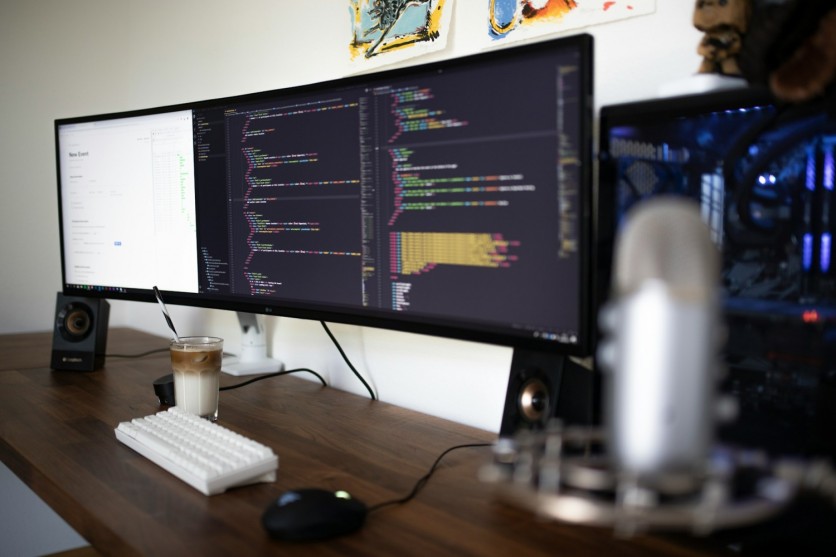
Amit Chandpurkar, currently a principal DevOps engineer at Fortinet, has built a strong reputation in the IT industry over the past ten years. His career, starting with Linux administration, has grown to include cloud computing, DevOps, and infrastructure management, providing plenty of insights for IT professionals to learn from.
At Fortinet, Chandpurkar leads DevOps projects, designing scalable CI/CD pipelines and ensuring the availability and security of their internal infrastructure. "Software delivery wouldn't be possible without the right systems in place. The developer level is among the most important in the pipeline. But even developers need a dev, so to speak," Chandpurkar explains.
Impact on Society and the IT Industry
DevOps engineers are an unseen backbone for businesses and society at large. By ensuring the security and efficiency of IT infrastructure, these professionals help organizations protect sensitive data and maintain operational continuity.
Chandpurkar is known for contributions to cloud computing and DevOps practices, where he has personally constructed agile and scalable solutions for competitive market sectors. "IT infrastructure is always changing, but the market demands do not," Chandpurkar notes. "You need flexibility and scalability. Businesses need to be ready to adapt while maintaining their outputs, whether it's an indie video game company or Google itself."
Broader industry trends reflect a growing interest in cloud adoption and artificial intelligence (AI)-based automation. Recent studies show that about 37% of businesses have moved their AI technology from traditional IT environments to the cloud, and 50% of IT professionals actively pursue AI integration to enhance their operations. This shift in tech stack is primarily driven by the need for flexibility and the capacity to scale upwards.
Before Fortinet
Chandpurkar's expertise spans multiple cloud platforms, including AWS and Google Cloud Platform (GCP). Using Infrastructure as Code (IaC) concepts, tools like Terraform and Ansible, and technologies like Docker and Kubernetes, Chandpurkar has managed to migrate internal PayPal and Cisco infrastructure to the cloud.
Apart from re-architecting to cloud environments, Chandpurkar's previous roles at PayPal and Cisco Systems involved implementing Kubernetes pipelines for application image management and deployment. "I learned a lot about containerization and moving large amounts of data to cloud platforms. Of course, it wouldn't have been possible without my team beside me."
Future Trends and Opportunities
At Fortinet, a leader in cybersecurity, Chandpurkar has integrated various tools and systems into the CI/CD pipeline, focusing on promoting automation and self-service capabilities. "Automation may sound scary at first, but it essentially means there's less of a risk of human error, and just less effort needed overall," he says.
His efforts have led to the creation of strong automated infrastructure provisioning and configuration management processes. When implemented, he claims that these changes greatly aid in developing a secure and efficient DevOps environment.
As businesses increasingly rely on cloud computing and automation, the spotlight on infrastructure engineers and architects like Chandpurkar grows ever brighter. He says, "The entire IT sector is in for a massive change. We're only seeing the start of it. I plan to continue supporting my developer teams, using whatever the best technology turns out to be."
ⓒ 2025 TECHTIMES.com All rights reserved. Do not reproduce without permission.




